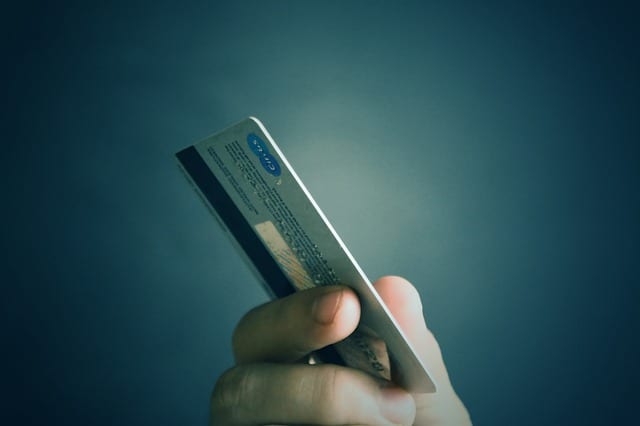We’ve always tried to reassure borrowers who are afraid filing for bankruptcy will keep them from getting a credit card in the future. Long story short: it won’t.
Indeed, you’ll probably start getting offers about a week after your discharge. Credit card companies know it will be many years before you can discharge the new debt in bankruptcy. They feel very secure loaning you money because you have no way to stop them from collecting.
They won’t even all be secured card offers, even though many financial publications make it sound like that’s the best you’ll be able to get.
We’ve also noted there’s a good chance you won’t want to take the first offers that come along. They’ll be playing on your fear you can’t get a credit card, which often means high APRs, activation fees and punishing terms.
So when should you finally get a credit card?
When You’re Past the Initial Rush
Wait for the credit card offers to slow down before you make a move.
You may even ignore every offer you see in favor of shopping for a credit card worth having. What makes a card “good” depends on how you use it (see below). But the average APR is somewhere around 16.46%.
If you’re still seeing offers in the 18% to 23% range you might want to hold off. Those extra percentage points skyrocket your balance faster than you think.
Think hard before you take on an annual fee, too. Contrary to popular belief, not all cards have one. The ones that do tend to come with rewards points and other gimmicks. The value of the gimmick usually isn’t equal to the value of the annual fee.
If you can’t avoid an annual fee altogether, take pains to find a low one. And be sure to read the fine print. Many “no annual fee” offers are only good for one year.
When Your Credit Score is at 620 or Higher
It may not be worth it to apply for credit cards until your score is high enough. There are two reasons for this.
First, when your credit score is lower than 620 you’re considered a subprime borrower. Like other lenders, credit card companies take advantage of their subprime borrowers by imposing the most usurious terms they can get away with.
Second, the application itself could lower your score a little bit. And since offers aren’t approvals, you could work against your own goals of building and raising your credit score.
Some borrowers will have a 620 credit score even after bankruptcy, just because credit scores tend to go up after discharge. If this is the case for you then you will have the luxury of getting a credit card a little earlier than some.
When You Know Why You’re Getting It
You’re much less likely to get in over your head financially if you’re conservative about credit card use. This means being conservative about the number of cards you have, and the amount of debt you carry.
If you’re trying to build credit, keep a small balance and pay it off at the end of every month. It can help to use the credit card only for some regular, existing expense, like gas.
If you’re using the card for emergencies, consider skipping the card in favor of developing an emergency fund instead.
If you’re using the card to control specific expenses, i.e., by using it on vacation to make sure you can absorb a budget slip-up, then it will only come out once or twice a year, and can be paid off in regular, predictable intervals.
Being mindful and intentional matters. It matters to your ability to manage your finances. It also matters when you’re trying to choose the right card. If you really are using the card to manage travel, for example, then choosing one which doubles your airline miles might make some sense.
The one thing you don’t want to do is take out credit indiscriminately. Bankruptcy is a lovely fresh start, but only if you don’t fall back into old habits.





